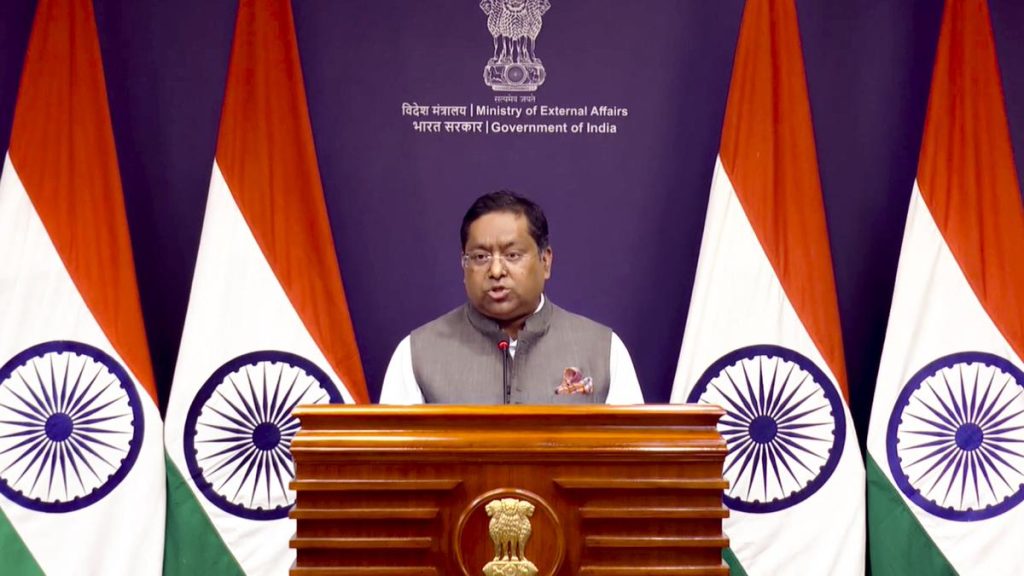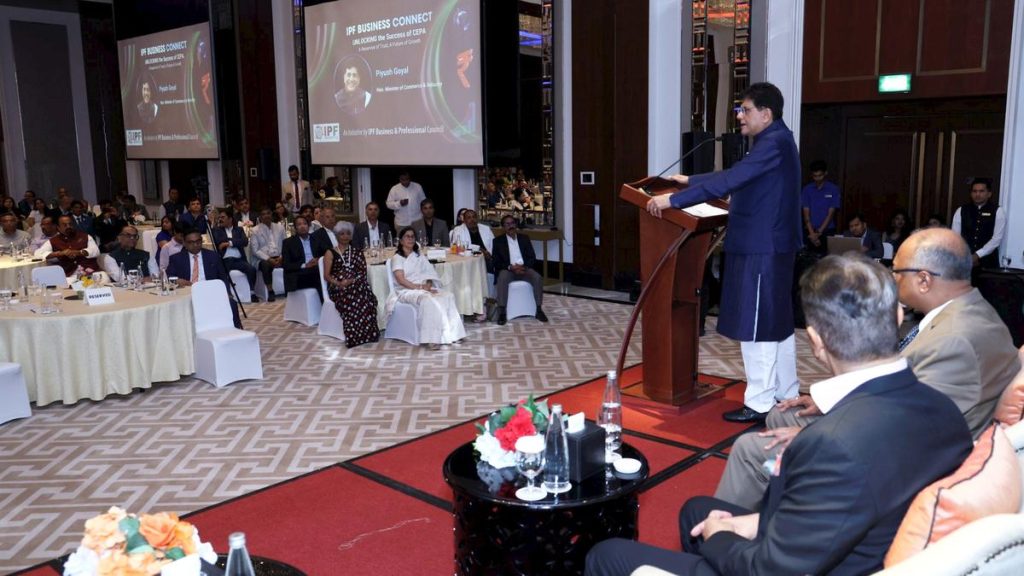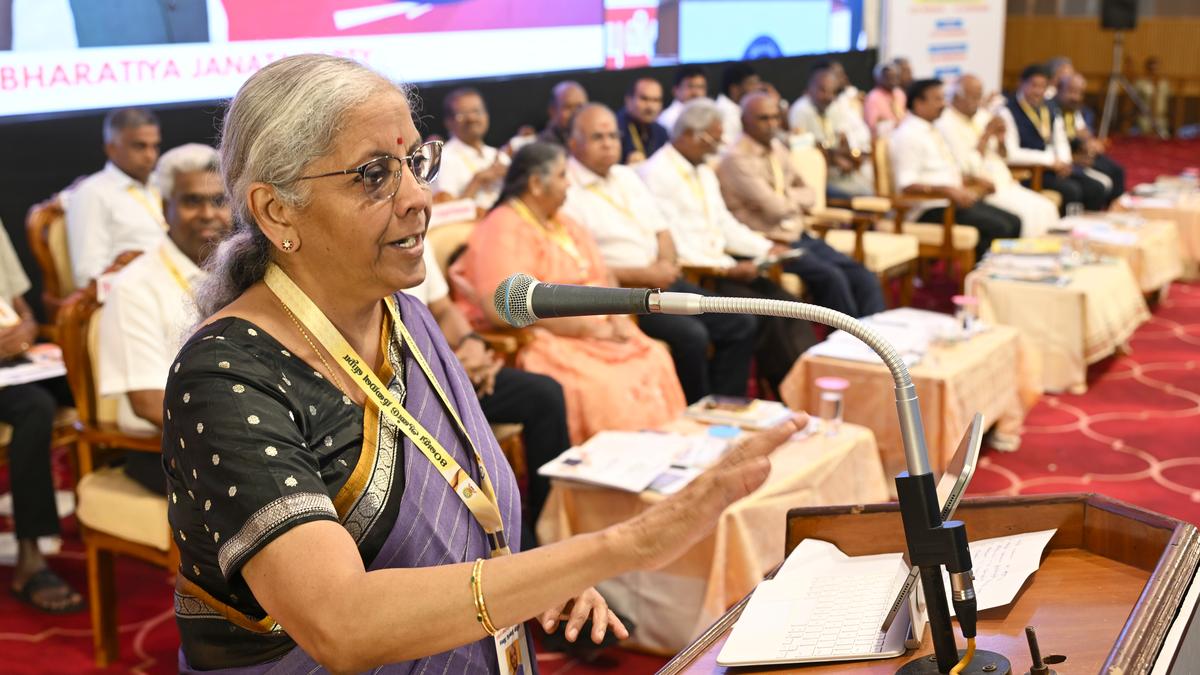Now Reading: Edappadi K. Palaniswami Alleges Widespread Corruption in Tamil Nadu Departments
-
01
Edappadi K. Palaniswami Alleges Widespread Corruption in Tamil Nadu Departments
Edappadi K. Palaniswami Alleges Widespread Corruption in Tamil Nadu Departments
Fast Summary
- AIADMK general secretary and former Chief Minister Edappadi K. Palaniswami addressed a public gathering at Rasipuram as part of his campaign titled Makkalai Kaappom, Thamizhagathai Meetpom.
- Mr. Palaniswami accused Tamil Nadu Deputy Chief Minister Udhayanidhi Stalin of misrepresenting historical facts about the first Assembly discussion on free bus passes for students in 1989.
- He criticized the DMK government under Chief Minister M.K.Stalin, alleging widespread corruption across departments, including tax collection in Madurai Corporation (₹200 crore corruption case).
- Claimed that drugs were freely available and linked their distribution to DMK party members.
- Cited a medical malpractice incident at Seerkazhi government hospital where 27 pregnant women received improper treatment.
- Highlighted alleged failings in governance such as increased taxes, power tariffs, and price hikes during DMK rule.
- Stated achievements from the AIADMK regime like implementing a 7.5% internal reservation policy benefiting over 2,800 students to study MBBS.
- Promised restoration of welfare schemes halted by DMK if AIADMK returns to power in 2026.
Indian Opinion Analysis
The speech underscores escalating political tensions between Tamil Nadu’s two major parties-AIADMK and DMK-as allegations continue to play a central role ahead of future elections. By refuting claims regarding free bus passes for students and recounting historic Assembly discussions from nearly three decades ago, Mr. Palaniswami signals an effort to strengthen his party’s narrative while directly targeting key leaders within the ruling coalition.
His accusations concerning corruption cases-including charges against Madurai officials-and drug availability highlight governance challenges raised by critics of the current regime. Promises tied to reinstating stalled welfare schemes reflect attempts to reassure voters on social security issues should AIADMK return to power post-DMK rule.
While these statements may resonate with partisan audiences familiar with state-level dynamics, such debates also stress accountability demands on both sides for past promises versus contemporary performance metrics.
Read more: The Hindu
























